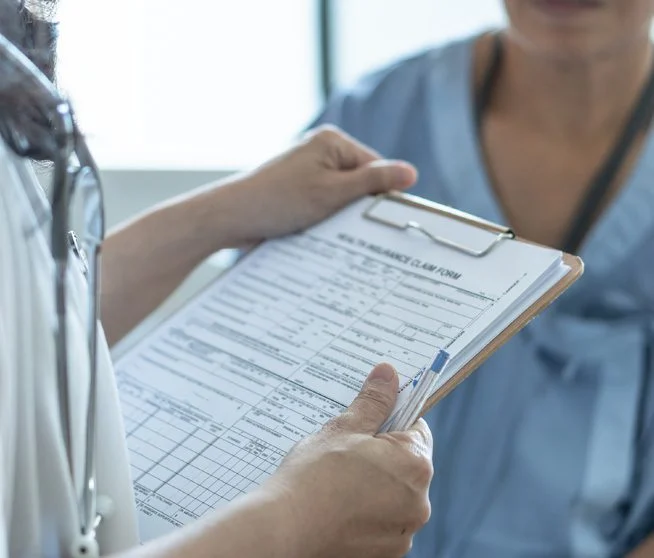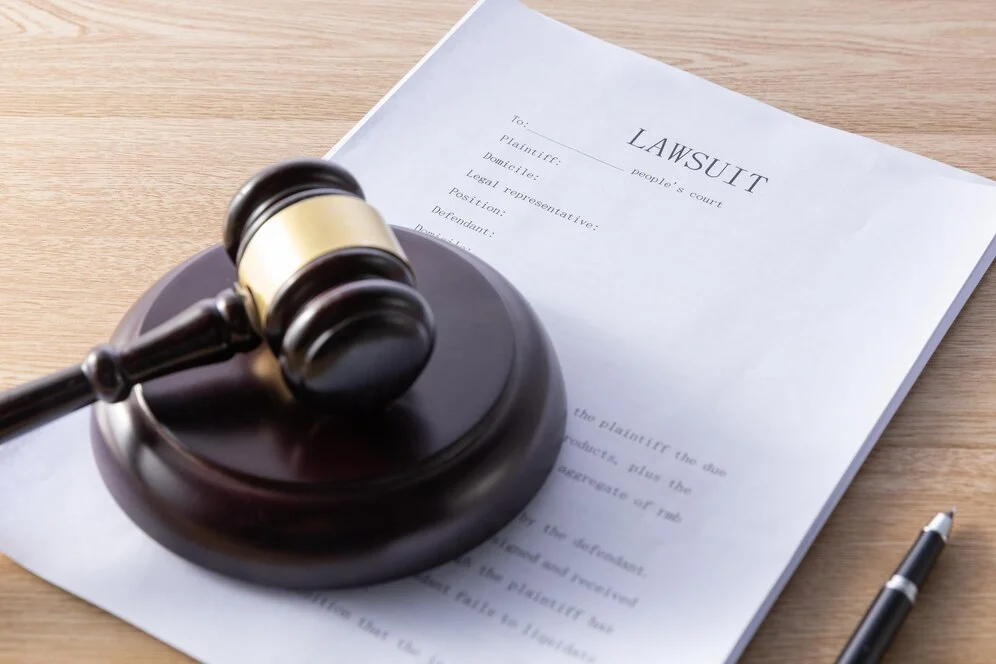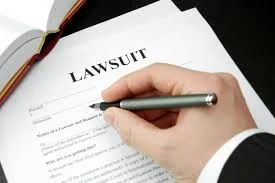
When you're hurt in an accident, your first priority might be dealing with the pain, the shock, or the chaos around you. But one of the most important steps you can take — for both your health and your legal rights — is seeking timely medical treatment.
In personal injury cases, time matters. Not just because of your recovery, but because the insurance companies and courts will closely examine how soon and how consistently you sought medical help. Let’s look at why timely medical attention is essential and how delays can hurt your claim.
Why Medical Treatment Shouldn’t WaitAfter an accident — whether it's a car crash, a fall, or any other kind of injury — you may not feel the full extent of your injuries right away. Adrenaline can mask pain, and some injuries like whiplash, concussions, or internal damage can take hours or days to fully show symptoms.
That’s why going to a doctor or hospital immediately is key. It ensures your injuries are evaluated, treated early, and documented properly.
Waiting too long can make your condition worse and also weaken your legal claim. Insurance companies often argue: “If it was serious, why didn’t they go to the doctor right away?”
The Legal Impact of Medical DelaysWhen you file a personal injury claim, the insurance company looks for any reason to reduce or deny it. One of the biggest red flags they use is a delay in treatment.
If you wait days or weeks to see a doctor, they may claim:
- Your injury wasn’t caused by the accident - You’re exaggerating your pain - Something else caused your condition later - You failed to take your injuries seriously
This makes your claim appear weaker — and can significantly lower the compensation you receive.
Your medical records are the backbone of your personal injury claim. Every visit, diagnosis, and treatment is logged and used as evidence to show:
- The type of injuries you suffered - When those injuries occurred - How serious they are - What treatment you needed and for how long - Your pain level and physical limitations
Without these records, it becomes your word against theirs — which often works in the insurance company’s favor.
Here’s the general path most people take after an injury:
1. Emergency Room or Urgent Care: Right after the accident, especially if the injury is severe, life-threatening, or painful. 2. Primary Care Physician: For follow-ups, referrals, and monitoring your condition. 3. Specialists: Like orthopedists, neurologists, or pain management experts for ongoing issues. 4. Physical Therapy or Rehab: To regain strength, mobility, and reduce long-term pain. 5. Mental Health Care: If you develop anxiety, depression, or PTSD after the incident.
Each of these visits builds your case. Skipping any needed treatment, or stopping before your doctor says you’re ready, can be seen as a sign that you weren’t that injured.
Consistency Is KeyEven if you go to the doctor right after the accident, that alone isn’t enough. You need to stay consistent with your care.
This means:
- Attending all scheduled appointments - Following your doctor’s advice - Finishing physical therapy - Taking prescribed medication.
If you start missing appointments or decide to stop treatment early, the insurance company might claim you “got better” — even if you’re still in pain.
What If You Don’t Have Health Insurance?One of the biggest reasons people delay treatment is the cost. If you don’t have insurance, medical visits and tests can be expensive.
But there are options:
- Some doctors accept “lien-based treatment,” meaning they get paid from your settlement later. - Personal injury lawyers often work with networks of healthcare providers who will delay billing until your case is resolved. - Government programs or low-cost clinics may be available.
Delaying care to save money may end up costing you more later — both physically and financially.
Soft Tissue Injuries Can Be DeceptiveSome injuries — like sprains, strains, or whiplash — don’t always show up on X-rays or MRIs. But they can still cause major pain and mobility issues.
Because these injuries are harder to prove, the insurance company will be even more skeptical.
In these cases, medical documentation is critical. The longer you wait to get checked, the more likely the insurer will claim you made it up or that it’s unrelated to the accident.
 Mental Health Matters Too
Mental Health Matters TooPhysical injuries are just part of the story. Many people suffer emotional trauma after an accident. This can include anxiety, sleeplessness, depression, or even post-traumatic stress.
Seeing a counselor, therapist, or psychiatrist isn’t just for your well-being — it also helps build your claim.
Mental health care should be documented just like physical treatment.
Real-Life ExampleLet’s say Priya is rear-ended at a red light. She feels a bit sore but thinks it’ll go away. She doesn’t see a doctor until 10 days later, when the pain becomes unbearable.
When she files a claim, the insurance company argues that her neck pain could’ve come from sleeping wrong or doing housework, not the accident.
As a result, they offer her ₹20,000 — far less than the ₹1.5 lakh her medical bills and lost income amount to.
If Priya had gone to the doctor right away and followed up with physical therapy, her case would’ve been stronger and she’d likely receive much more.
How a Lawyer Can HelpA personal injury lawyer understands the importance of medical documentation and treatment timelines. They can:
- Connect you with doctors willing to treat you now and get paid later - Help coordinate your care and remind you to stay consistent - Use your records to build a solid narrative for the insurance company - Argue against delays if you had valid reasons (like no access to care)
Lawyers help ensure that a late doctor visit doesn't become a weak point in your case.
Tips to Strengthen Your Claim Through Medical Care1. Go to the doctor immediately — even if you feel “okay.” 2. Be honest and thorough about all your symptoms. 3. Follow all treatment plans to the letter. 4. Keep a pain journal to track your recovery. 5. Don’t downplay or hide any discomfort.
Even minor details — like dizziness or headaches — can be clues to a more serious issue.
ConclusionTimely medical treatment is one of the most important things you can do after a personal injury — for your health and your legal case. Insurance companies are looking for reasons to avoid paying what you deserve, and delays in care give them just that.
If you’re hurt, don’t wait. See a doctor, follow through with treatment, and keep everything documented. It can mean the difference between walking away with nothing and receiving the compensation you truly need to recover.
And if you’re ever unsure, talk to a personal injury lawyer early. It’s often free to get advice — and it could protect you in a big way.
Subscribe to our newsletter and never miss an update.
Get the latest posts delivered straight to your inbox.

Senior Contributor
Kusum Singh is passionate about impactful storytelling. With a unique voice and deep insights, they turn everyday stories into compelling reads that resonate and inform.
Read Full Bio
By Ravi Raj
20 Dec 2025

By Ravi Raj
26 Dec 2025

By Ravi Raj
02 Jan 2026

By Ravi Raj
27 Dec 2025

By Ravi Raj
22 Dec 2025

By Kusum Singh
27 Dec 2025

By Kusum Singh
23 Dec 2025

By Ravi Raj
30 Dec 2025

By Ravi Raj
22 Dec 2025

By Ravi Raj
02 Jan 2026

By Ravi Raj
02 Jan 2026

By Ravi Raj
28 Dec 2025